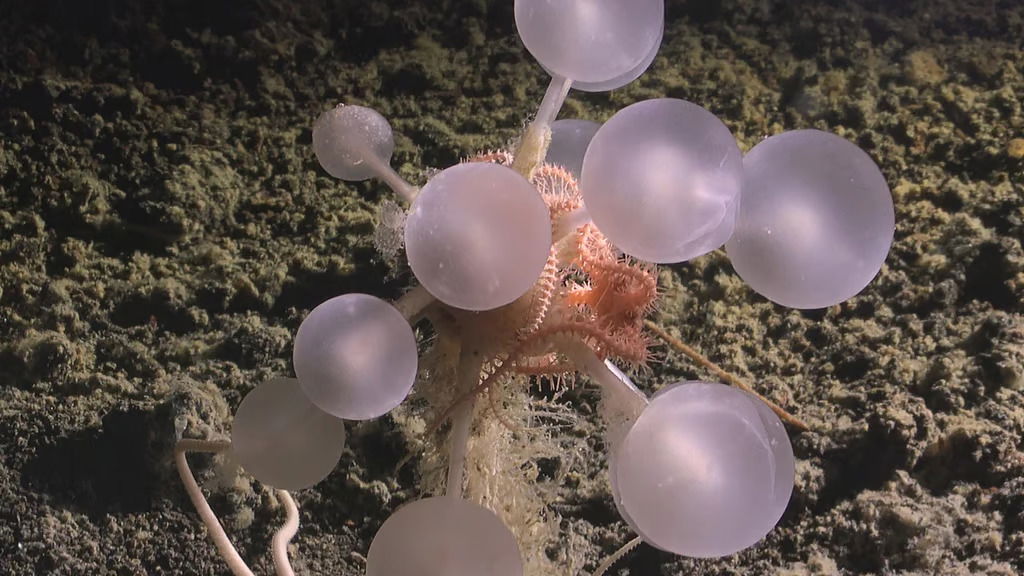A team of scientists achieved remarkable success in one of Earth's most remote locations, the depths of the Antarctic Ocean (Southern Ocean or Antarctic Ocean). In a recent expedition, they discovered 30 new marine species. Among the discoveries, the Death-ball sponge has created the most excitement. The unique hunting technique of this oddly shaped sponge has particularly attracted scientists' attention.
Scientists from The Nippon Foundation-Nekton Ocean Census and Schmidt Ocean Institute jointly undertook this expedition. They discovered these species from around volcanic vents, the South Sandwich Trench and its deep seafloor surroundings.
Also Read | NASA astronaut shares breathtaking space view of Mount Everest leaving humans in awe
The Death-ball sponge is particularly known for its hunting method. Sponges typically feed by filtering water. But the Death-ball sponge is opposite. It looks like a small sphere and has tiny spines or hooks all over its body. With the help of these hooks, they trap their prey. This predatory sponge has revealed a new dimension of deep-sea biodiversity.
Additionally, scientists discovered a special type of worm called the zombie worm (Osedax sp.) during this expedition. These worms have no mouth or digestive system. They typically depend on whales or other large animals for food.
Also Read | Life on Mars? Sample from NASA's Perseverance rover shows hints of ancient life
Lead researcher Dr Michelle Taylor reported that less than 30 per cent of samples obtained from this expedition have been examined. Even then, 30 new species have been found. This shows how many unknown species are still hidden in the depths of the Southern Ocean.
The main objective of this expedition was to find new species in the South Sandwich Islands. Scientists collected nearly 2,000 samples from this expedition. These included new hydrothermal vents or hot water springs, colourful corals, evidence of underwater volcanoes, and, for the first time, video footage of a giant colossal squid juvenile.
Also Read | 3I/ATLAS: Why is the comet different than others?
These discoveries are not only providing information about new species but also expanding human knowledge about the environment and biodiversity of Earth's most remote regions.











